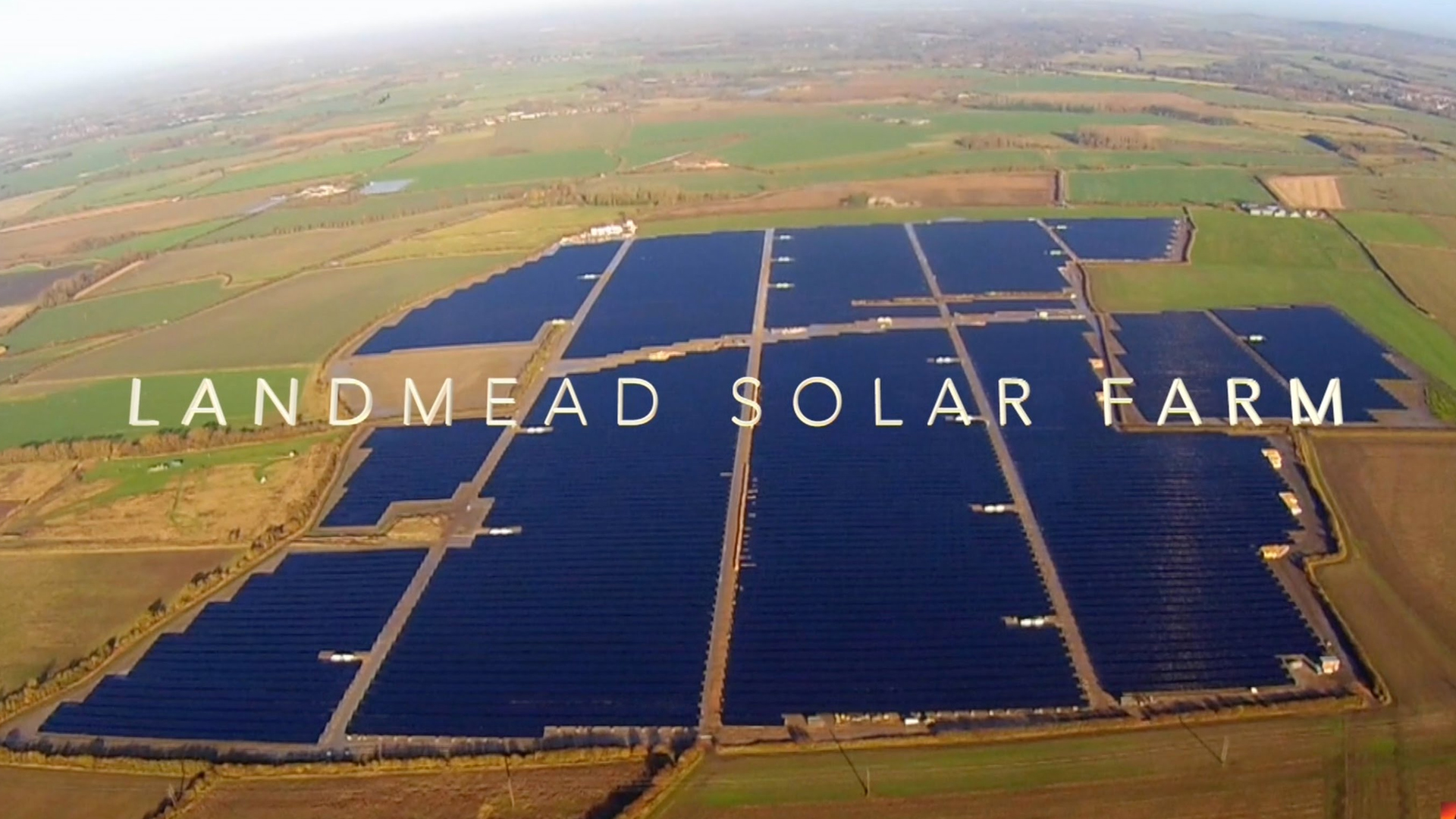Economic Benefits Of Investments In Solar Revealed
Bold Government action to back British solar could create 60GW of generation capacity by 2030, enough to power the equivalent of 18 million homes. This would support almost 50,000 jobs across the British solar supply chain. Detailed analysis, specifically focused on ground-mounted solar farms, showed that by 2030 this part of the sector alone has the potential to:
- Contribute £25.5bn in GVA to the UK economy
- Put £425m back into consumers' pockets through reduced energy costs
- Contribute more UK value than other technologies inc.offshore wind and nuclear
- Do all using just 0.2% of the UK's land area (less than golf courses at 2%)
The report's scenarios assume solar farms would account for one third of total solar capacity by 2030. When the remaining two thirds on domestic and commercial rooftops are considered, STA estimates the benefits to the UK are as much as 3 times greater.
The UK solar industry has delivered dramatic cost reductions since 2010. The solar industry's reliance on subsidy has plummeted 65% in the last four years. Efficiencies in British operations and installation, over and above falling manufacturing costs, are an increasingly important driver of falling cost. The average UK solar farm installation is 62% reliant on British components, operations and expertise, and this is forecast to rise to 71% by 2030.
The report reveals that, with stable policy, large-scale solar was on course to become the cheapest way to add new UK electricity generating capacity, cheaper than constructing new gas (CCGT) by 2018, with its cost set to fall beneath the wholesale electricity price by 2024.
Today, Britain's solar industry warned Government that its unreliable, unstable treatment of the solar sector risks slamming the brakes on its journey to cost competitiveness, costing consumers more and handing the advantage to Germany and Italy in the global export market. The Government's unstable support for solar is already starting to impact with almost half of all large-scale solar companies stating they expect to decrease staff over the next year.
In response to the CEBR report, industry leaders call on the Government to:
- Drive a stable transition away from subsidy, by setting clear Renewables Obligation support for the next two years.
- Unlock the vast potential of the non-domestic rooftop solar market by reviewing feed in tariffs for larger projects, which aren't working.
- Give solar a bigger share of the levy control framework, recognising that this is the fastest way to help the industry stand on its own two feet.
From playing barely any part in the energy mix four years ago, British solar has reached 5GW of capacity, sufficient to power 1.5m homes. Britain has propelled itself to the front of the global solar race, becoming one of the world's top ten solar markets, and producing more power from the sun than Spain.
The British solar industry is made up of over 2,000 SMEs, supporting 16,000 jobs. British companies are beginning to export their expertise overseas, looking to Africa and Asia to capture a global market expected to be worth £130bn by the end of the decade.
Growing solar power is the most cost effective way of reaching the UK's ambitious climate change target of an 80% reduction in greenhouse gas emissions by 2050. Solar is already cheaper than offshore wind, and, with stable support, will soon out compete onshore wind.
In May 2014, DECC suddenly and unilaterally announced plans to end the subsidy programme for large scale solar two years ahead of schedule. The Solar Trade Association has warned that this will damage the industry and harm Britain's chances of global competitiveness. Four solar companies are challenging DECC's decision in the Courts.
Commenting on the report, Paul Crewe, Head of Sustainability, Energy and Engineering at Sainsbury's said: "Solar makes absolute sense for British businesses, and for the wider UK economy. Contrary to popular belief, Britain's climate is ideal for solar. We have installed solar on the roofs of hundreds of our stores up and down the country, and it's helping us to keep costs down for our business."
Tom Paul, Director at construction giant Kingspan said: "Solar is potentially of significant value to the British economy. Kingspan is a living and breathing example of what this report is trying to capture "“ we manufacture our energy efficient solar "˜in-roof' installations at our plant in Yorkshire, and are looking to export markets across Europe and beyond for our solar products."
Paul Barwell, Chief Executive of the Solar Trade Association, said: "The potential benefits of solar for the British economy are immense. British solar is currently right at the forefront of a global wave of investment and innovation. However, the Government risks bursting the bubble, damaging the industry and holding Britain back, because it keeps shifting the goal posts on support for solar.
"We believe that Government support for solar energy should come down gradually, in line with falling costs, until solar electricity is consistently the same price as the market price for electricity. Once we have reached that point "“ what we call solar independence "“ solar no longer needs any support and will, with time, bring down energy bills. But it will need stable, gradually declining, support to get there."






























